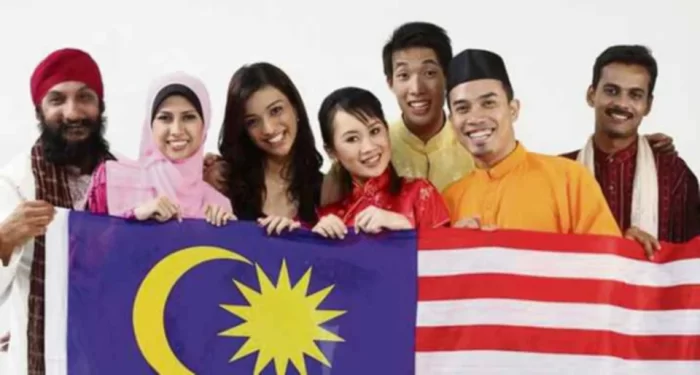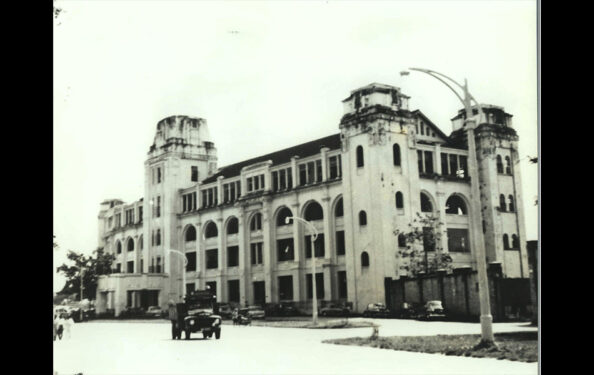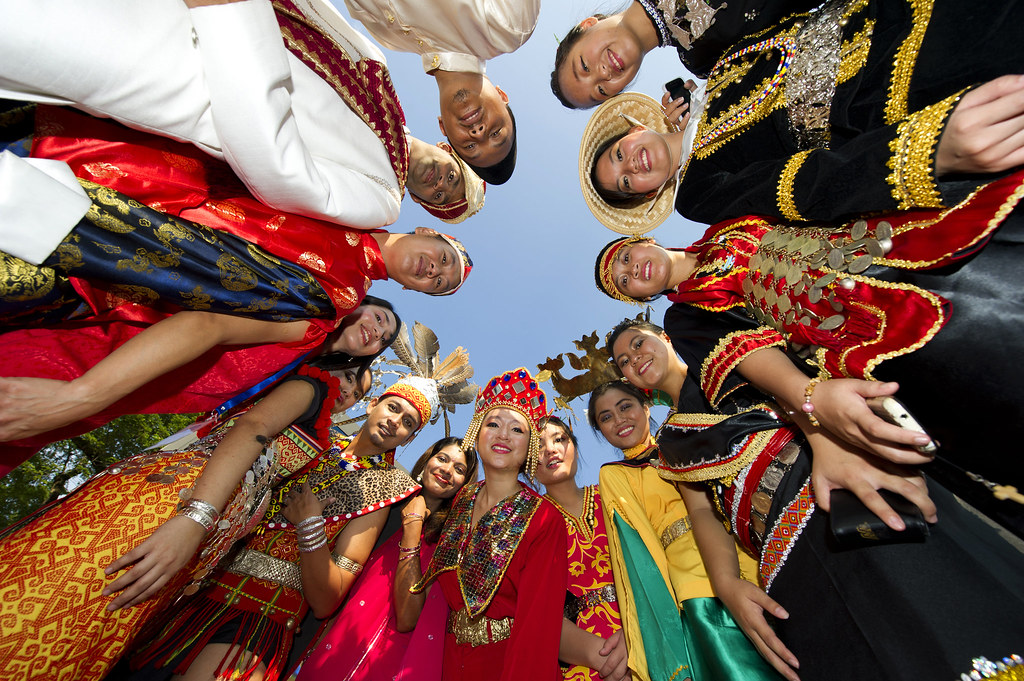THE call by Penang deputy chief minister Dr P. Ramasamy that there is a need to reform the civil service, primarily to increase the intake of non-Malays, is timely and relevant.
If the reforms cannot be undertaken by the unity government, then no other administration can do this important and onerous task in the years ahead.
The unity government now comprises UMNO, a party that usually opposes this kind of reform and wants to ensure that Malay rights predominate and are paramount. With UMNO being part of the government now, this issue can be approached diplomatically to win their support.
Considering that the unity government is fragile presently, this issue can be considered later, perhaps next year. Any sensible and patriotic Malaysian will agree that there is a need for a greater intake of non-Malays to reflect the demographics of the country in the public sector to give it a more multiracial effect that has been lost in the last four decades.
Diversity in the civil service will bring many advantages

Now the percentage of Malays in the civil service is more 90% and the nation will gain, not lose, if non-Malays can be increased to at least 20%.
During long festival holidays such as Aidilfitri and Hari Raya Korban, the civil service comes to a standstill for more than a week.
A skeletal staff of Chinese and Indians can keep the departments, especially the important ones, functioning to help the people. Writers, philosophers, historians, motivators, and trainers have long lauded the beneficial effects of diversity in any workforce.
Even in the years following Merdeka, there were a large number of non-Malays, although they were not proficient in the national language, which is the medium of government communication.
Nowadays, most of those applying for a public sector job are fluent in Malay and are graduates from local universities. The government has no right to turn them away and opt only for Malays.
Is not having proficiency in Malay and wanting to serve the country with dedication patriotic enough?
The government cannot go on giving silly excuses that the predominance of Malays as civil servants is to counter the imbalance in the private sector.
The private sector has its own dynamics and concentrates mainly on profits to keep an enterprise going, but this is not the case with the government, which focuses on and represents all the people.
The government should not discriminate against its own people. The government’s stand may be justified if it says that non-Malays do not have a good command of Malay, the medium of communication in the civil service, and therefore cannot be considered for employment as civil servants, especially for the higher categories of administration.
Nowadays, a lot of non-Malay graduates are conversant in Malay and have additional diplomas, degrees and other qualifications to boot. In fact, unlike most Malays in the civil service, most of these graduates speak reasonably good English and standard Bahasa Malaysia, rather than regional Malay dialects.
The government cannot continue giving flimsy excuses for having a racially lopsided public administration when there are so many eager and qualified non-Malays wanting to serve the nation.
It is a privilege to work for the country, and with reasonable pay, perks, training and upskilling, job security, and other incentives, in the long run, civil service employment is attractive and very much desired.
Indians, more than the Chinese, feel bitter about their loss of opportunities to enter the civil service. Unlike the Chinese, who had the private and corporate sectors’ support to fall back on, the Indians lost an important provider of employment.
Many of the side-effects of this policy, which have led to various social ills still plaguing the community, can be traced to unemployment, marginalisation, and a lack of progress in a fast-developing country.
This has also led to the lack of an Indian lobby within the civil service to address the present plight of a section of the Indian community through socio-economic plans and budgetary allocations. The civil service now has now become out of touch with minorities.
Until the 1980s, there were a large number of Indians employed by the government.
One can recollect the distinguished heads of various departments during the 1960s to the 1980s, such as PWD director JG Daniel, Medical Services director Dr Jones Verghese, RRI director BC Shekar, FRIM director KD Menon, RRI chief statistician Dr Ramesh Chander, KLGH director Dr Thomas Varughese, UM’s Dr TJ Danaraj, Dr CP Ramachandran, Dr Vijayamma Thomas, RTM’s Sonny Menon and numerous others who served with distinction for the country.
They served as role models for the Indian community.
There were also countless numbers of Eurasians, Ceylonese, Malayalees, Sikhs, and some Chinese occupying top positions in the administrative, legal, and judicial services. I recall that in the early 1980s, there were seven Sikh state directors of health.

During my primary school days in the 1960s, I had been to the Suleiman Building, next to the KL Railway Station, which housed a number of government departments.
The working staff there comprised Malays, Chinese, Indians (Sikhs, Malayalees, and Indian Muslims), Ceylonese, Eurasians, and even a few Britishers possibly still guiding the civil servants. This was an excellent depiction of multiracial Malaya in all of its glorious colours and characteristics.
We often hear of the term “divide and rule” which has a lot of negative connotations, and the civil service should not be made to reflect this nor be used as an instrument to perpetuate this destructive policy.
Non-Malays, with their varied skills, education, and expertise, will be an asset the government should tap, not waste.
It was only after Tun Dr Mahathir Mohamad became prime minister that there was a deliberate and drastic reduction in the intake of non-Malays to the point where now more than 90% of civil servants are Malays.
As the Cuepacs president Datuk Adnan Mat said a few days ago, government staff are selected only on merit. There is no doubt about that. Surely, the government does not recruit lunatics.
What the Cuepacs CEO overlooked is why more Chinese, Indians, and others, roughly 20-30%, cannot be hired solely on merit.
The Malays will still have a monopoly and dominion, with 70 or 80% of them in the civil service.
One must also note that this overwhelming domination by the Malays has also had a negative effect in that most of the civil servants arrested for corruption, abuse of power, embezzlement, and other offences are Malays.
A more diverse civil service will ensure a healthy check and balance that will be good for the country.
The government needs to cast the net far and wide to select the best of the best to manage the country during these very challenging times in the present and future.
Malaysians from all communities and minorities are more than willing to serve the country to the best of their ability. — Feb 17, 2023
V. Thomas is a viewer of Focus Malaysia.
The views expressed are solely of the author and do not necessarily reflect those of Focus Malaysia.
Main photo credit: New Mandala









